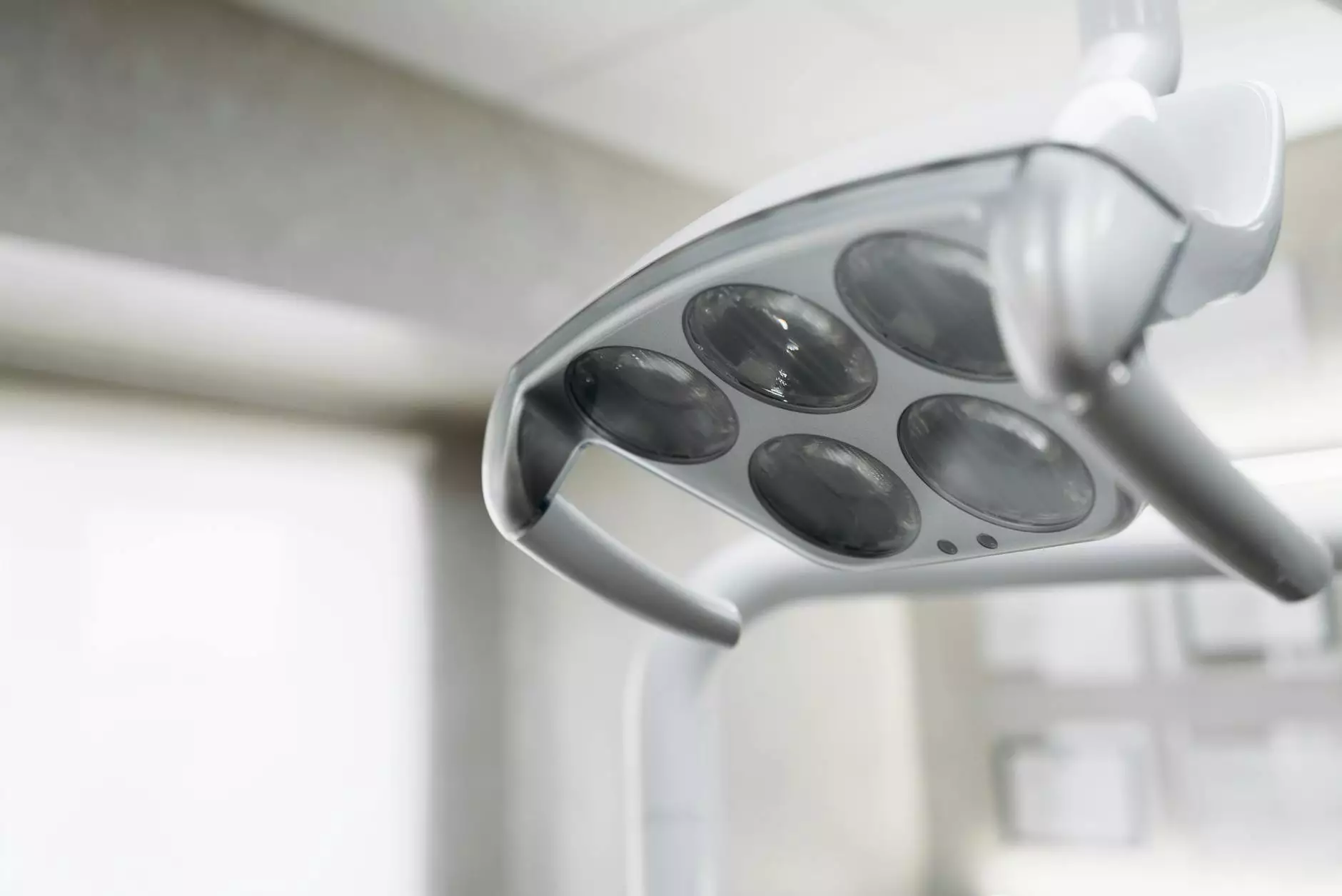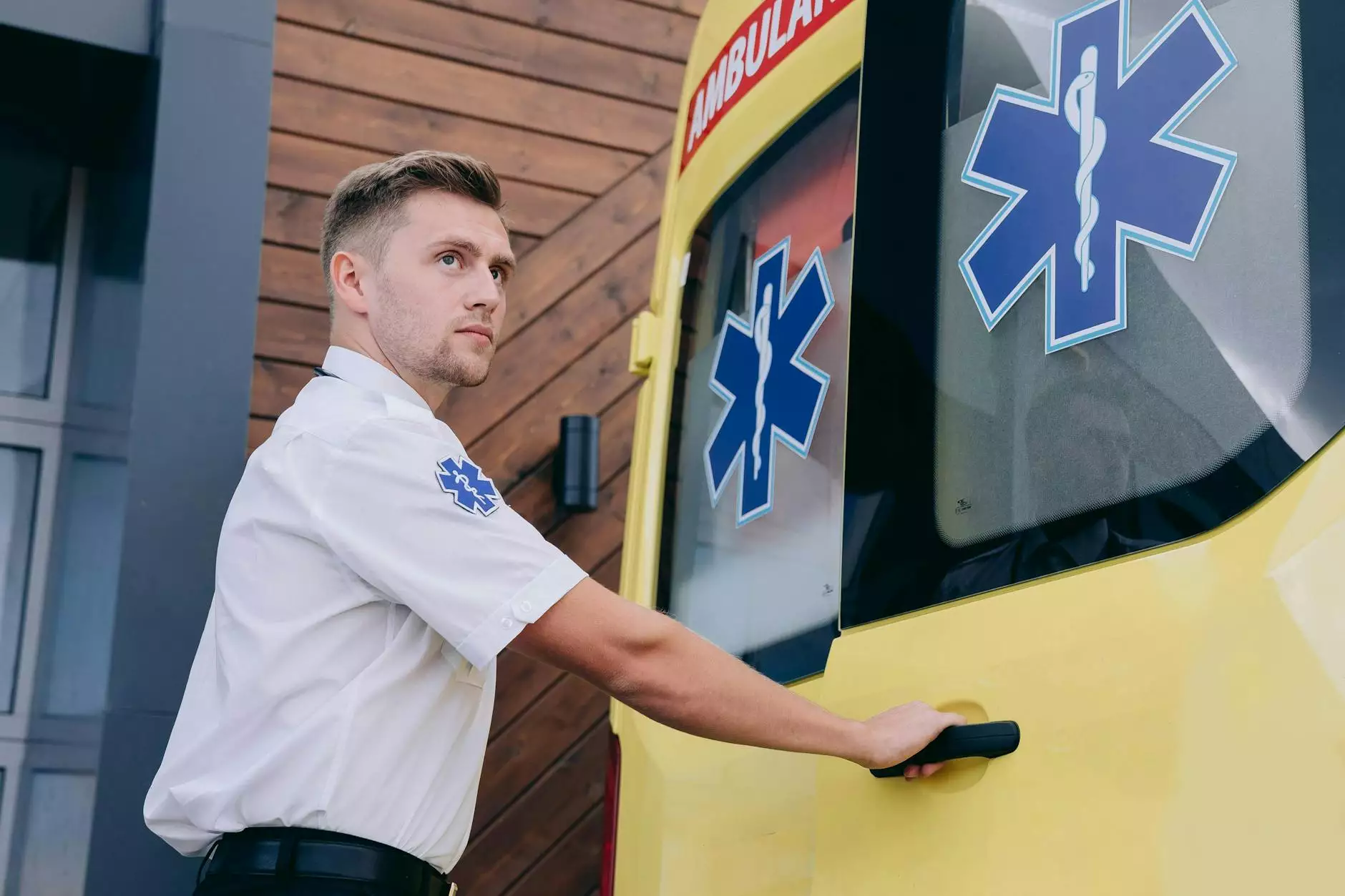Mobile Dental Operatories Design: A Revolution in Dental Care

In the modern world where healthcare accessibility is paramount, mobile dental operatories design emerges as a groundbreaking innovation. This concept not only enhances patient care but also allows dental services to reach underserved populations. In this article, we will delve into the intricacies of mobile dental operatories, exploring their benefits, design features, and their profound impact on the health and medical fields.
Understanding Mobile Dental Operatories
A mobile dental operatory is essentially a self-contained, fully-equipped dental clinic that can be transported to various locations. These units are designed to provide comprehensive dental services in a flexible manner, making them invaluable in both urban and rural settings. By leveraging advanced technology and ergonomic design, mobile operatories facilitate efficient and effective dental care.
Key Benefits of Mobile Dental Operatories
- Increased Accessibility: Mobile dental units can reach patients who might otherwise lack access to dental care due to geographical or financial barriers.
- Cost-Effectiveness: Operating a mobile clinic can significantly reduce overhead costs associated with traditional dental offices.
- Flexibility: These units can be deployed in schools, community centers, and remote locations, providing services where they are needed most.
- Patient Comfort: The design of mobile dental operatories prioritizes patient comfort and convenience, creating a welcoming environment.
Design Features of Mobile Dental Operatories
The design of mobile dental operatories is a blend of functional efficiency and patient-friendly aesthetics. Below are the critical design features that make these units stand out:
1. Compact and Functional Layout
A successful mobile dental operatory design maximizes limited space while ensuring all necessary dental equipment is readily accessible. This compact layout allows dental professionals to perform various procedures without feeling cramped.
2. Advanced Technology Integration
Modern mobile dental operatories are equipped with state-of-the-art technology including digital X-ray machines, sterilization units, and dental chairs designed for ergonomic support. This technology enhances the quality and efficiency of care.
3. Patient-Centric Design
Comfort is critical in healthcare, and mobile dental units come equipped with amenities that soothe patient anxiety. This includes comfortable seating, soothing interior designs, and the availability of entertainment options while patients wait.
4. Sustainability and Efficiency
Many units incorporate eco-friendly materials and energy-efficient systems, making them not only cost-effective but also environmentally responsible. This sustainability aspect is becoming increasingly important in today’s dental practices.
How Mobile Dental Operatories Transform Healthcare Delivery
The impact of mobile dental operatories goes beyond just convenience; it aids in reshaping how dental care is delivered, with several transformative outcomes:
1. Improving Patient Outcomes
By bringing dental services directly to patients, mobile operatories decrease the chances of untreated dental issues, leading to improved overall health. Regular check-ups and preventive care become more accessible, fostering healthier communities.
2. Addressing Social Determinants of Health
Social determinants like income level, education, and geography often influence a person's ability to receive adequate healthcare. Mobile dental services directly address these issues by offering care in familiar and easily accessible locations.
3. Education and Awareness
Mobile clinics often provide educational resources about oral health, teaching communities about preventative care. This increases awareness and encourages proactive health measures.
4. Collaboration with Local Health Services
Mobile dental operatories often collaborate with local health departments. This partnership allows for comprehensive health initiatives, where dental care is part of a broader health service offering, enhancing overall community health.
Case Studies: Success Stories of Mobile Dental Operatories
Numerous organizations have employed mobile dental operatories design with notable success. Here are a few case studies showcasing their effectiveness:
1. Smiles on Wheels Program
Operated in various states, this program has taken mobile dental care to schools, providing essential dental services to children from low-income families. This initiative significantly reduced dental issues among students.
2. Mobile Health Clinics in Rural Areas
A nonprofit organization implemented mobile dental units in rural regions, where traditional dental practices are scarce. The initiative succeeded in raising dental care awareness and providing regular check-ups, leading to healthier rural communities.
3. Community Health Initiatives
Mobile dental clinics have partnered with community health events to offer free dental care days. This outreach not only serves immediate dental needs but also fosters trust within the community and increases future utilization of dental services.
Challenges in Mobile Dental Operatory Design
While the benefits are significant, creating an effective mobile dental operatory presents unique challenges that must be addressed:
1. Regulatory Compliance
Mobile dental units must adhere to strict health regulations and safety policies. This includes proper sterilization, waste management, and equipment maintenance protocols, which can be more complex in a mobile environment.
2. Funding and Resources
Securing funding to establish and maintain mobile dental operatory programs can be challenging. It requires strategic planning and partnership with governmental and non-governmental organizations.
3. Staff Training and Management
Training staff to operate efficiently in a mobile environment is crucial. It’s essential for dental professionals to be adept at handling equipment in confined spaces while ensuring high-quality patient care.
Future Trends in Mobile Dental Operatories
As technology and design continue to evolve, the future of mobile dental operatories design is filled with promising innovations:
1. Enhanced Telehealth Options
Integrating telehealth services with mobile dental care can revolutionize how patients receive consultation and follow-up care, making services even more accessible.
2. Customization and Personalization
Future designs will likely focus on customizable features to cater to various patient demographics and specific community needs, ensuring that care is tailored and efficient.
3. Artificial Intelligence and Robotics
Emerging technologies, such as AI and robotics, could also play a role in optimizing mobile dental operations, enhancing diagnostic capabilities, and streamlining procedures.
Conclusion
The mobile dental operatories design is a transformative approach in the health and medical landscape. By prioritizing accessibility and patient-centered care, it holds the potential to reshape the future of dental services. As we continue to innovate and adapt, mobile dental clinics will be at the forefront of providing essential healthcare services to those who need them most.
Investing in mobile dental operatories is not only a smart business move but a moral imperative that underscores the commitment to overall community health and wellness. With advancements in design and technology, the skyline of dental services is undoubtedly changing — and for the better.









